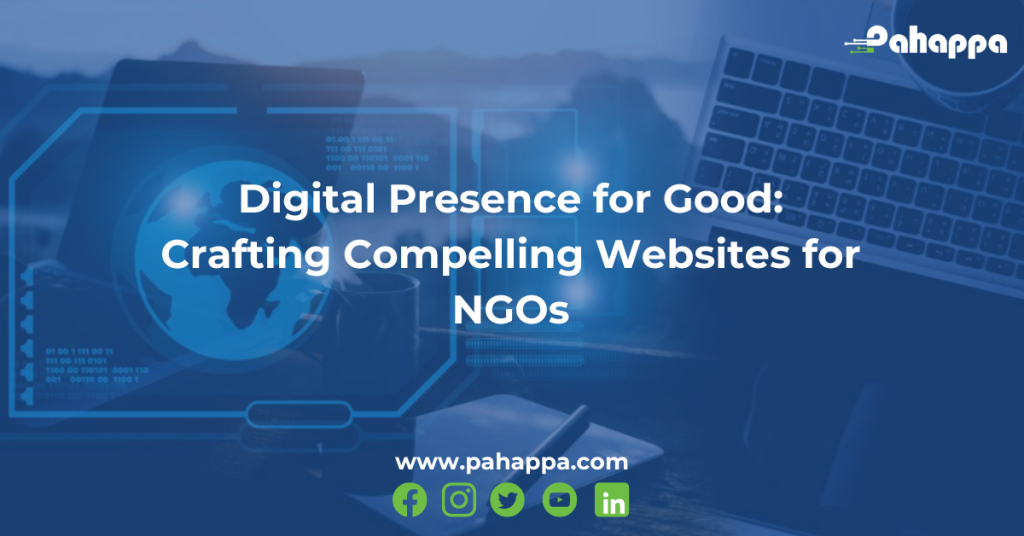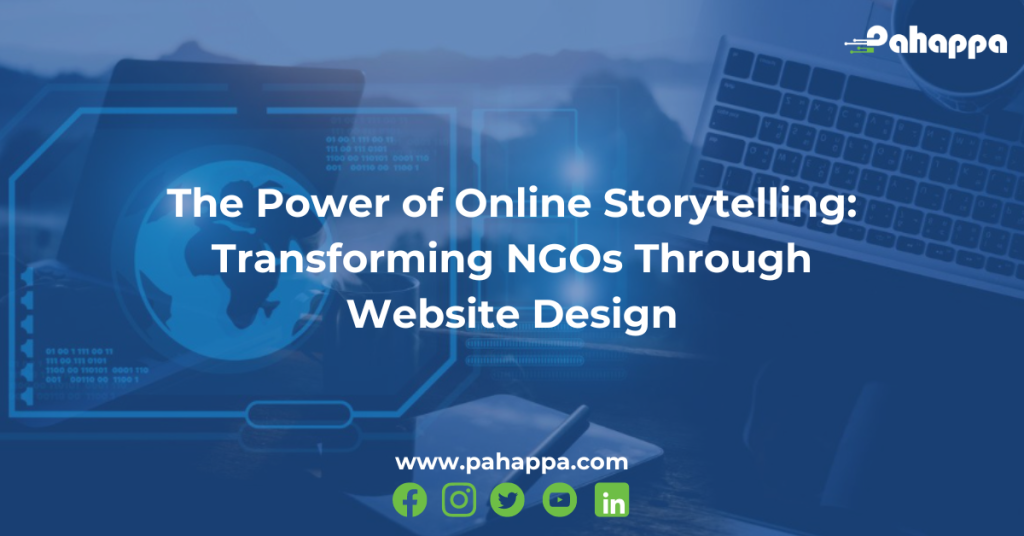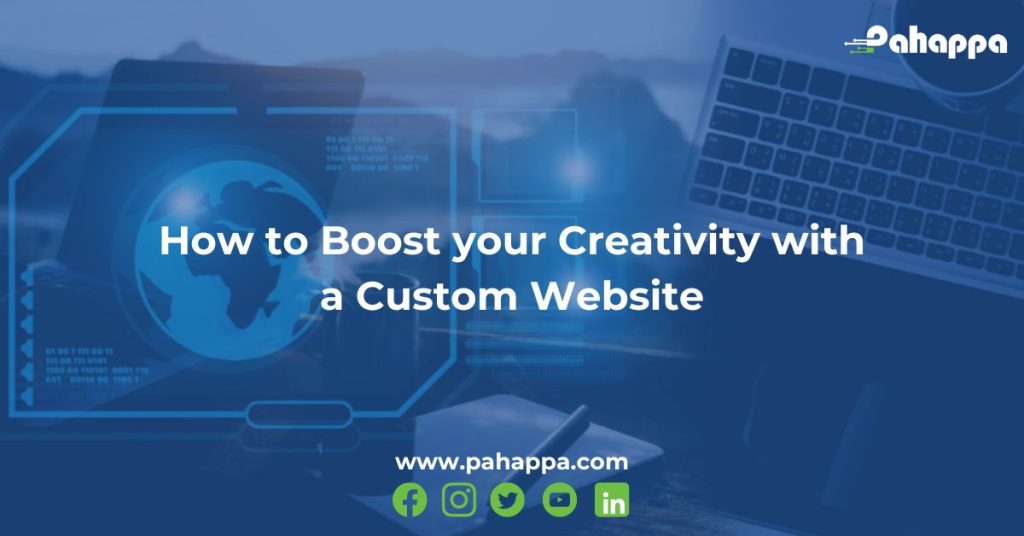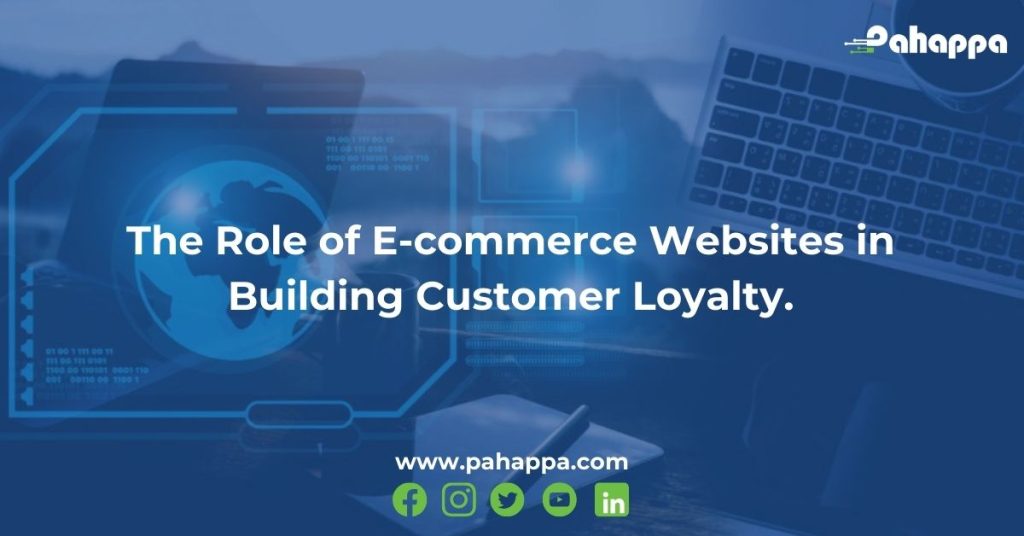Should your small business be online?
With the massive proliferation of the internet, smartphones, and mobile searches in the last decade, more and more consumers are frequently going online and searching for local businesses before making a purchase decision.
As a growing number of shoppers make purchases over the internet, businesses are experiencing growth with online sales.
Having a presence on the internet means that there’s potential for people to find your business when they go looking for solutions.
Our mission is to assist you to connect the dots, emphasizing what is key in building a solid web presence.
A considerable percentage of today’s business comes from word of mouth. When done effectively, online marketing allows small businesses to expand on the word-of-mouth marketing that is already crucial to success.
You can use online marketing to strengthen and establish new relationships with current consumers.
Relationships are the foundation of any business. You can build a relationship with your customers and encourage repeat business through brand loyalty.
How do people find you online?
We’ve already mentioned that word-of-mouth today is also conducted online.
People are directly searching for their favorite businesses on social media sites such as Facebook and Instagram; they consume and share material from those businesses that they find helpful or interesting.
Your company has the opportunity to participate in more of these discussions.
The more you can keep your company top of mind and make it easier for others to talk about you, the more likely people will refer or seek you when they require your products and services.
In addition to being a part of the conversation, you must know what people may find when they search for your company or a product that your company sells.
If customers don’t find your business when they search for it online, they may begin to wonder if your company even exists?
What do people find when they look online for your business?
It’s no secret that potential customers use search engines like Google to learn more about a company they’re considering.
When consumers look for your business online, what do they find?
Let’s look at some of the items that might appear on a search engine results page when someone searches for you by name:
• Paid ads
• Organic (non-paid) search results
• Google My Business listing
• Social media accounts
Ads
Paid Ads are advertisements that appear on the search engine results page for a fee. Businesses usually pay to have their products featured for a specific search term, and they only get charged when someone clicks on the ad.
Organic Results
Organic results are natural listings of web pages that Google has determined helpful for a search phrase. In contrast to paid ads, organic results do not require payment to appear on the search engine results page.
Google My Business
Google My Business is a free Google feature that allows businesses to build profiles.
Not everyone searches for your business by name. They may know they want to purchase a product or service, but they are unsure who provides it. They then type in something like “Website developers near me” or “website company” as a more general search keyword.
Customers and prospects should be able to locate you whether they search for your company by name or something related to it. You’ll want to double-check that the information is correct and that you’re answering any queries your potential consumers might have.
The reality is, if you’re not online, prospects won’t be able to locate you.
People form opinions about your business from different search results when they visit your website. The primary question they ask themselves “Is this the right business for me?”
You can increase the likelihood of consumers finding your business and choosing you by interacting, engaging, and providing valuable information.
ACTION STEPS
• Search for your business.
What information appears? Is this what you expected? Is there anything missing? Is there anything there that draws your attention?
• Do a generic search for terms your company should list.
• Does your business search results show as either paid or organic?
• In both scenarios above, list down the results on the first page.
What tools should you utilize to set up a solid foundation for your online marketing activities? First, let’s look at how to get your business off to a good start.
A mobile responsive website is a primary requirement to set your business up for online marketing success.
All of your online activities revolve around your website. It’s the epicenter of your online marketing activities. Your potential consumers are visiting your website to learn more about you. As a result, you’ll want to direct potential customers to your informative website to increase sales.
You shouldn’t just rely solely on social media sites to provide information about your products and services.
Consider the first thing you do when you want to research a company or learn more about a particular product or service. You usually turn to the internet.
Over half of all searchers do so exclusively on a mobile device, emphasizing the importance of a mobile-responsive website for today’s consumers.
Your website adapts to the device being used to access it. A mobile-responsive website gives visitors a terrific experience regardless of the device.
With a mobile responsive website, site visitors will be able to read and navigate your site with ease, regardless of their device.
When people visit your website, they’re looking for answers to their questions.
Your website should have at least four pages. Use the following pages to answer their burning questions.
1. HOMEPAGE
Your website’s front door
2. ABOUT PAGE
Your company’s story
3. PRODUCTS PAGE
Your digital storefront
4. CONTACT PAGE
Your chance to connect with potential customers
What should you put on the four core website pages?
Let’s take a look.
HOMEPAGE
What questions should your homepage answer?
1. What are your product and service offerings? You don’t have much time to communicate effectively due to high bounce rates. Be as specific as possible.
2. Website visitors are asking, “Is this product or service for me?”
3. Who is your ideal customer? Make it clear whom your product or service is targeting.
4. Why might possible customer care?
5. Is there something unique about your product or service offering?
6. What unique value proposition makes you think they’ll pick you?
What should site visitors or potential customers do next?
1. Should they get directions to your store?
2. Should they Contact you?
Your site should be clear on what action visitors should take next to move them to the next steps in the sales process.
ABOUT PAGE
What questions should your site answer on your About page?
- What is your company story?
- What problem are you trying to solve, and what solution are you offering your customers?
- As an organization, why is your work important to you?
- What is your unique value proposition that makes your business different?
- What unique experience do you offer that sets you apart from the competition?
- How will your product help them?
PRODUCTS PAGE
What essential questions should your site answer on your Products page?
1. What products and services do you offer? Including product details
2. How can customers make a purchase?
3. What is your product or service pricing?
CONTACT PAGE
What questions should your site answer on your Contact page?
1. Where is your organization located, and how can people find you?
2. What are your contact details?
3. What are your office hours?
4. What are your customer support hours?
By answering prospects’ questions and creating helpful content, you increase the chances of people finding you through search.
Get started today, create a mobile-responsive website as a resource for your potential customers.











